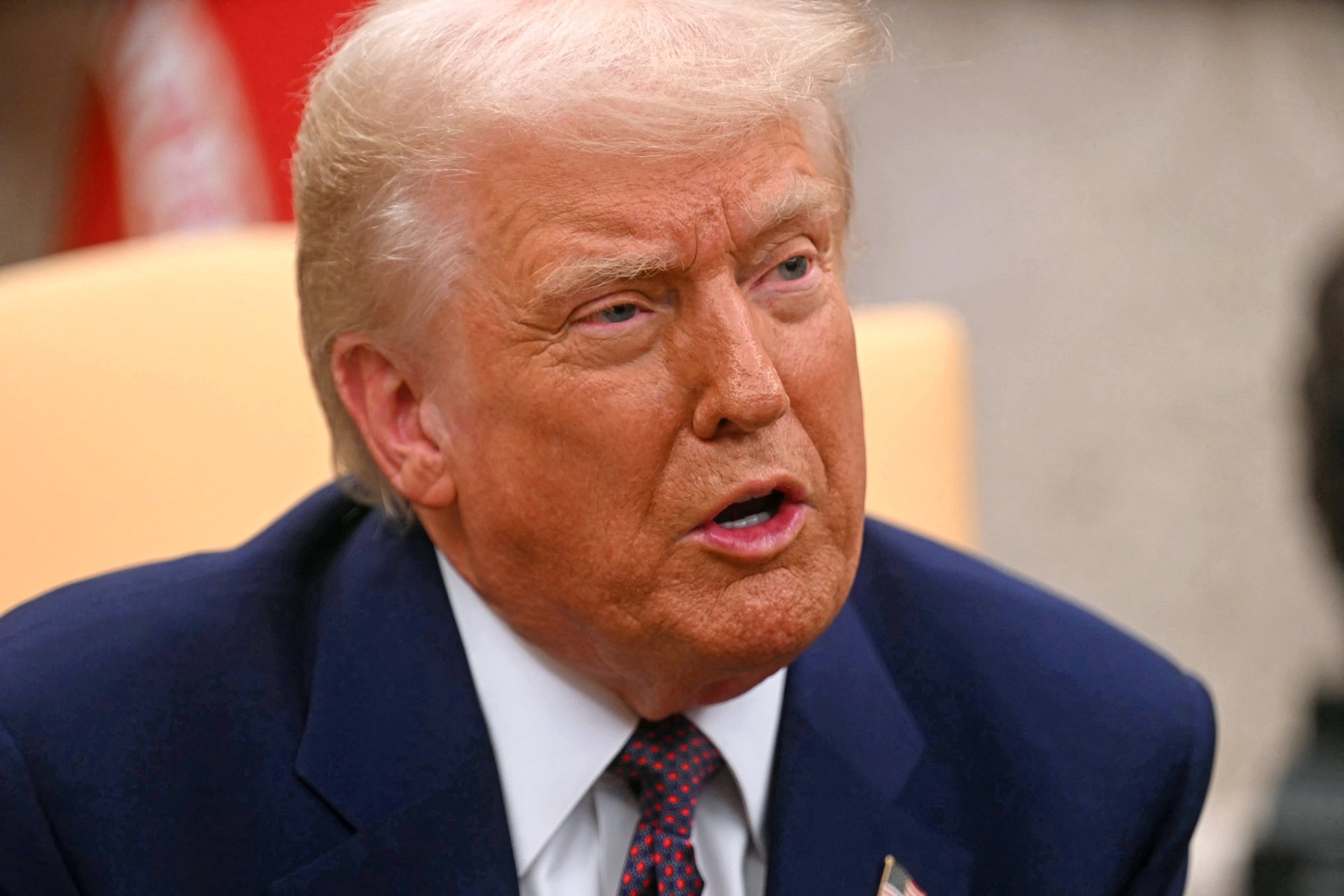Trump's 'reciprocal' tariffs could shake up global trading
President Donald Trump on Thursday signed a memo directing his advisers to draft "reciprocal” trade tariffs on all major U.S. trading partners

President Donald Trump on Thursday signed a memorandum that directs his advisers to draft new “fair and reciprocal” trade tariffs on all major U.S. trading partners.
Suggested Reading
The move, which aims to counter what the president sees as unfair trade practices, upends a decades-long global trading system and could set off heated international trade negotiations.
Related Content
“For many years, the United States has been treated unfairly by trading partners, both friend and foe,” the memo says. “This lack of reciprocity is one source of our country’s large and persistent annual trade deficit in goods — closed markets abroad reduce United States exports and open markets at home result in significant imports.”
The new tariffs would factor in not just the tolls other countries impose on U.S. goods, but also foreign subsidies, exchange rates, and taxes on imports — all things Trump argues give other nations an unfair edge.
The tariffs also aim to drive up manufacturing in the United States.
“If you build your product in the United States, there are no tariffs,” Trump said in the Oval Office, according to The New York Times.
The outlet reports, citing a named White House official, that Trump’s nominee for commerce secretary Howard Lutnick and Jamieson Greer, Trump’s pick for trade secretary, along with other advisors, have been tasked with finalizing the specific tariffs. Final numbers could be ready as soon as April 2.
American trade policies including tariffs have, for decades, been set through negotiations at institutions like the World Trade Organization. If Trump’s new tariffs go into effect they would be replacing the old system for a new process that is directed only by the U.S. and its interests.
The new tariffs are likely to spark intense negotiations with economies that rely on exports to the Unites States and even trade wars with governments that decide to retaliate with their own tariffs.